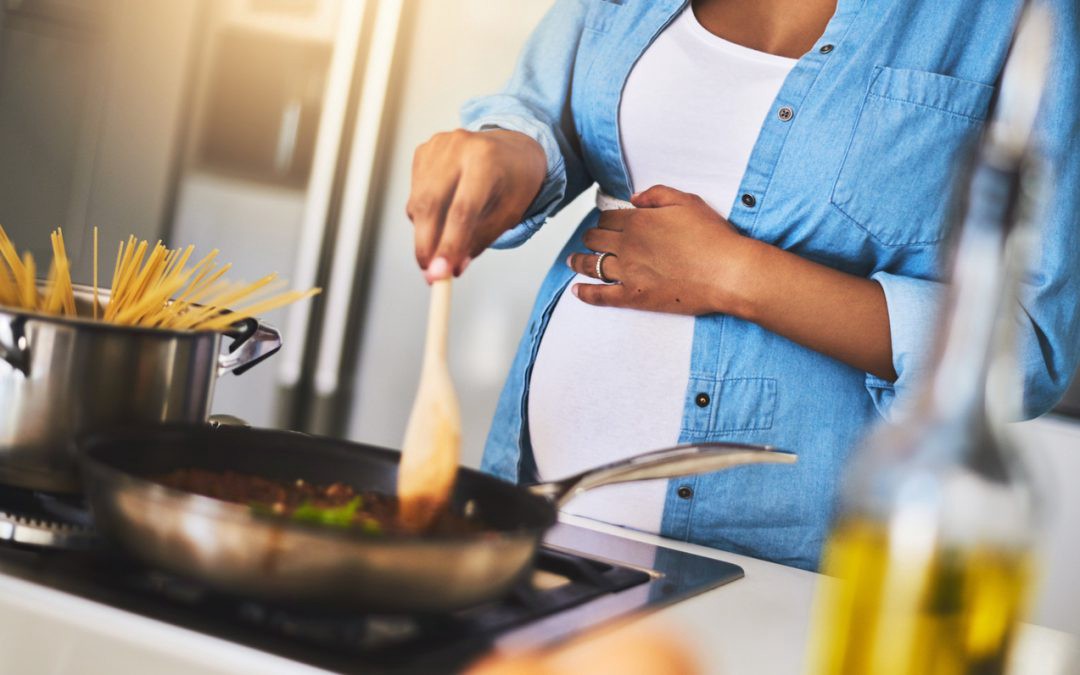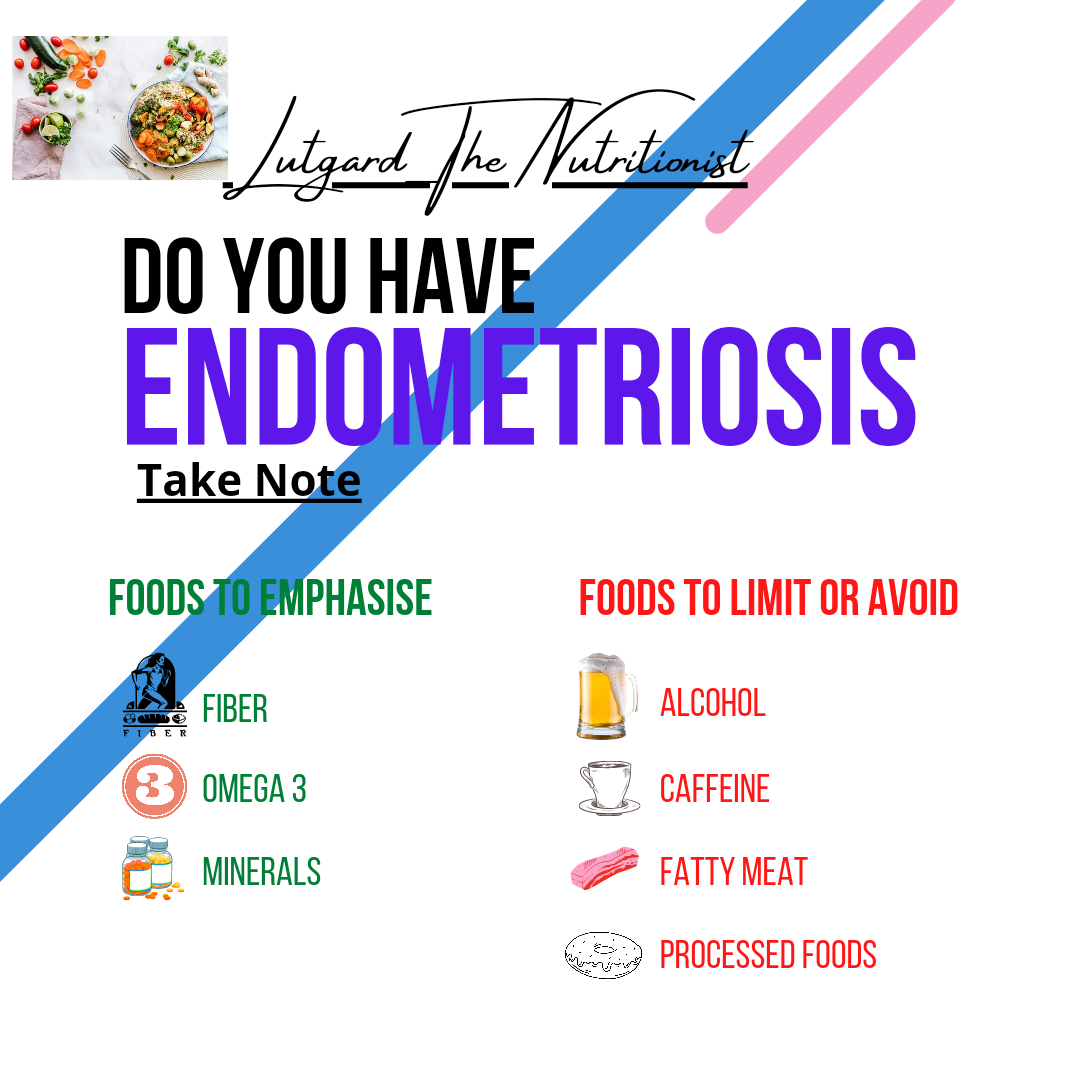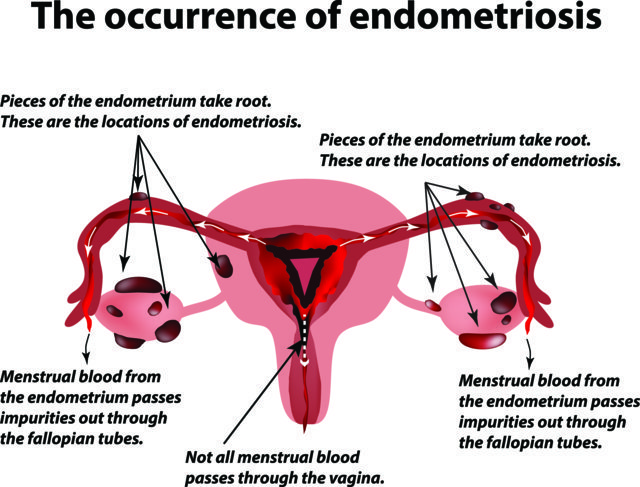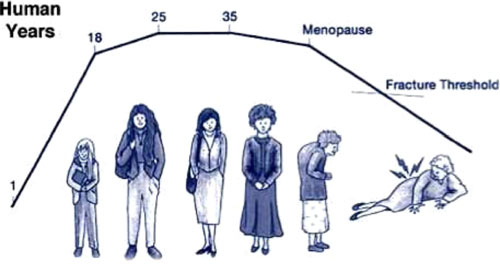It is no secret that the nutritional requirements for men, women, children and babies differ. People have different nutritional needs based on their age, weight, height, lifestyle and underlying health issues however women face unique health issues along their life cycle from menstruation, pregnancy and lactation as well as menopause. These are usually stages of 15 to 65 years when many hormonal changes occur the most in the body of women. At every stage of their lives, women need more nutrients, as their body undergoes many changes at each stage of life. It is important for us to know the most important nutrients needed at every stage of your womanhood inorder to thrive and lead a worthwhile life. I guarantee you that knowing which matter most will help you choose the best foods and supplements.
Adoloscents 
As children are on their way to adulthood, they go through a tunnel called puberty where the body is beginning to discover itself and position itself in the woman world. Around 12 to 14 years, their body is undergoing many physical and biological changes. In this whole mix is when the red sea (menstruations) make their way into the girls’ lives and this comes with expectations which require one to pay attention to these nutritents required to support growth and development.
Iron: This is an essential nutrient for healthy blood cells especially as girls begin to menstruate. Did you know that with each period, a woman loses around 1 mg of iron every day? What this means is there is need to replensh the body with what it is being lost. Anaemia is very common if one is not careful and this can have dire effects in the future like poor reproductive health, poor growth, poor school performance and an effect on their mental health hence the need to be pump up the haemoglobin levels.
Looking for a way to do that? – Consume foods that are high in iron which include but not limited to beef, chicken, eggs, beans, nuts and seeds, green leafy vegetables and always remember to pair this with foods rich in vitamin C like oranges, tomatoes, peppers, papaya, mango, pineapple as this increases iron absorption into the body.
Calicum: This is another nutrient that is needed at all stages of life but becomes very important for the development of healthy bones and teeth in adolescents. Calcium requirements increase during the pre-pubertal growth spurt as adolescence is a crucial period to build strong bones. A lack of calcium can lead to low bone mineral density, poor mineralization of bones, bone deformities and an increased the risk for osteoporosis later in life. This nutrient is further useful for the alleviation of Premenstrual Syndrome (PMS) symptoms and can prevent excessive weight gain during adolescence.
Looking for a way to do that? – Consume dietary sources of calcium such as dairy products like milk, cheese, yogurt, and soy products. Some other sources of calcium are fish with edible bones like mukene, green leafy vegetables, and nuts
Women of childbearing age (Pregnancy and lactation)

In this time the body is prepared, preparing to give life. Nutrition needs always spike during pregnancy as the body is trying to manage two lives at ago. Eating healthy is not only important to meet the nutritional requirements of the developing fetus but also for the mother’s well-being. A healthy balanced diet is sufficient to meet the nutritional demand during pregnancy and promote the growth and development of the fetus but it is also very important when the baby finally makes it out and is surviving on only breastmilk. Here are the vital nutrients to pay attention to.
Folic acid: Also known as vitamin B9, Folic acid or folate is a vital nutrient that helps prevent birth defects like spina bifida, and anencephaly. Folic acid is recommended for women of child-bearing age to prevent neural tube defects as well as growth and development of new cells. It’s role in fetal development and lactation is unwavering. Folate is present in a variety of green leafy vegetables and fruits, legumes like beans and peas, nuts, yeast extracts and fortified foods. While eating a variety of foods is recommended, some women may still fall short and this is the reason nothing is left to chance and pregnant women especially are given folic acid supplements.
Iron: Unlike in adoloscents where iron is mostly lost during the monthly mensturation periods, women who are expectating need increased amounts of iron for the growing baby and placenta. Having lows levels of iron during pregnancy incrases the risk of having a preterm or low birth weight baby. Good sources of of iron include red meat, organ meats with the exception of the liver which is high in vitamin A (here is why you need to be ware of your vitamin A intake during pregnancy), legumes, nuts, whole grains, and green leafy vegetables. Just like I explained earlier, it is wise to accompany this a vitamin C rich food like a glass of any citrus fruit juice or fruit to increase the absorption of iron. Coffee, tea, milk can inhibit the absorption of iron and therefore should not be consumed alongside the meals. You can have them alone but not with meals.
Omega 3 fatty acids: these are essential for the neurological and early visual development of your baby and for making breast milk after birth. Increase your intake by aiming for eating more fish, pumpkin seeds, flax seeds.
Iodine: Iodine is another essential mineral for the developing fetus. Iodine is required for the production of thyroid hormone, regulation of body temperature, growth, metabolic rate, blood cell production and nerve and muscle function. If you don’t pay attention to your iodine intake during pregnancy, your child may experience learning difficulties and motor nerve impairments later in life. One easy way to ensure a good iodine intake is consuming iodized salt. Sea food is also a good source for iodine.
Calicum: the physiological changes during pregnancy greatly increase calcium requirement of an expectant mother. The fetus needs calcium for the development of bones and teeth and the body will priotise the babies needs over yours so it is important to have enough for both of you. Calcium is also essential for the proper functioning of the circulatory, muscular and nervous systems. The dietary sources are not any different from the ones mentioned earlier for an adoloscent.
Zinc: This is an important nutrient that is needed for rapid cell growth that occurs during pregnancy as well as maintaing the structural integrity. Dietary sources of zinc are lean meat, seafood, whole grains, legumes and nuts.
Vitamin D: This nutrient flows hand in hand with calcium as it increases the absorption of calcium which as mentioned earlier is very important. Dietary sources can be got from margarine, eggs and oily fish
Proteins: These are crucial for the growth of the fetus, especially in the second and third trimesters. Dietary sources of protein include, lean meat, fish, and eggs legumes like peas, beans, dairy products, and peanut butter.
Menopause

This is the period the body is drawing back for all the hard work it has done over the years. Many systems are slowly closing shop, a transition stage and an end to the active reproductive years. This is usually in the ages between 40-50 years. This is caused by the decline or absence of the female hormone estrogen produced by the ovaries and it comes with it changes in energy levels, memory, bone health, heart health and hormones. Eating right and regular physical activity can help maintain health during and after the menopause and therefore here are some of the nutrients to pay attention to.
Omega 3 fatty acids: Symptoms of depression and the occurrence of hot flashes are very common during menopause and these fatty acids are helpful in reducing these symptoms. Cardiovascular health is also supported by this nutrient as women in this time are prone to cardiovascular diseases. Since the body cannot synthesise these fatty acids, they have to get them from dietary sources that I mentioned above.
Calcium: Bone mineral density decreases during menopause and osteoporosis is a common occurence. The bones become brittle and fragile from loss of tissue due to hormonal changes, and a deficient of calcium or vitamin D diet only makes things worse. Increasing your calcium intake is necessary to help support healthy bone density. The dietary sources have been mentioned above.
Vitamins: All vitamins are very important in this stage of a woman’s life but B vitamins are looked at in a greater relevance. These play a crucial role in the central nervous system and brain methylation pathways. Emotional balance is so much needed during the menopause and these vitamins will do just that. Vitamin B12 (cobalamin), Vitamin B 3 (niacin), Vitamin B 1 (thiamine), and Vitamin B 9 (folate) are essential for a healthy nervous system and support proper functioning of the brain. The dietary sources can be got from fruits, vegetables, nuts, seeds, dairy, fish, poultry, and whole grains
Antioxidants: Free radicals cause damage to the cells, including protein, lipids, and DNA. Free radical damage accelerates the aging process and who does not want to age gracefully? Antioxidants such as vitamins A, C and E are required to scavenge the free radicals and protect the body from damage. Dietary sources include fruits, organ meats, nuts, seeds, vegetable oils, green leafy vegetables, and fortified foods.
We are still in the women month and it is imperative we leave no information shared. Women have unique nutritional needs therefore eating well at every stage of your womanhood, can control cravings, manage your weight, boost your energy, and enable you age gracefully.
See you next Wednesday















